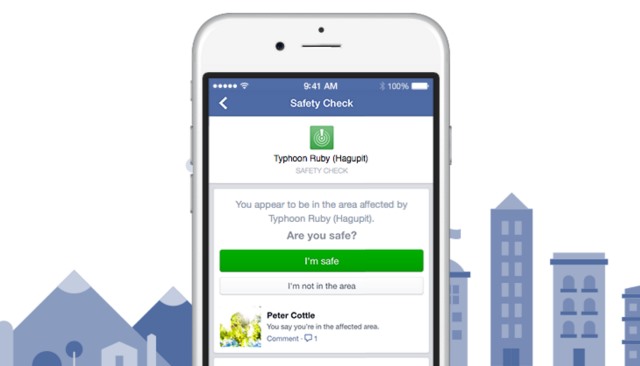
Facebook apologizes for enabling Safety Check in the wrong countries after Pakistan suicide bombing
Over the Easter weekend a suicide bomber blew himself up in Lahore, Pakistan. The explosion killed dozens of people and Facebook enabled its Safety Check feature to make it easier for those in the area to let loved ones know they were OK.
But as well as asking people in Pakistan whether they were safe, Facebook also activated the feature and sent messages to people in other unaffected parts of the world. Facebook users in New York, Hong Kong, Cairo and numerous other places received messages asking "Have you been affected by the explosion?" with no reference made to Pakistan or Lahore. Facebook has issued an apology for any unnecessary worry this may have caused.
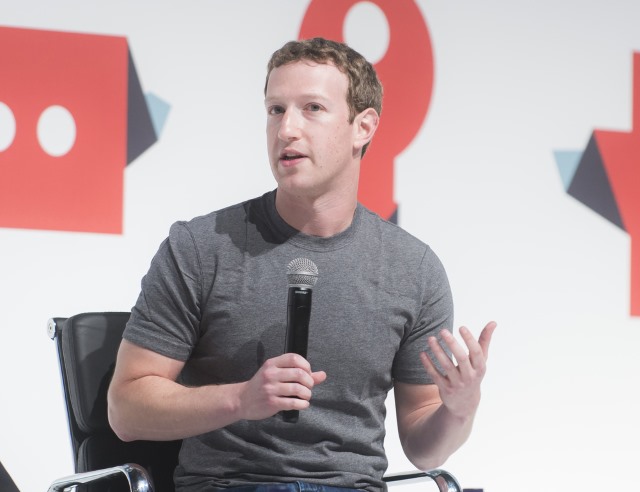
Mark Zuckerberg is 'disappointed' at India Free Basics ban and vows to fight on
Facebook was dealt a blow today when its Free Basics program was banned in India for contravening net neutrality rules. As you would expect, Mark Zuckerberg is more than a little disappointed, but the Facebook founder says he remains "committed to keep working to break down barriers to connectivity in India and around the world".
In a somewhat bitter-sounding post on Facebook, Zuckerberg reiterated his belief that "everyone in the world should have access to the internet". But as well as hitting out at the Telecom Regulatory Authority of India (TRAI), he also says he wants to keep driving to connect the whole of India to the internet to "help lift people out of poverty, create millions of jobs and spread education opportunities".
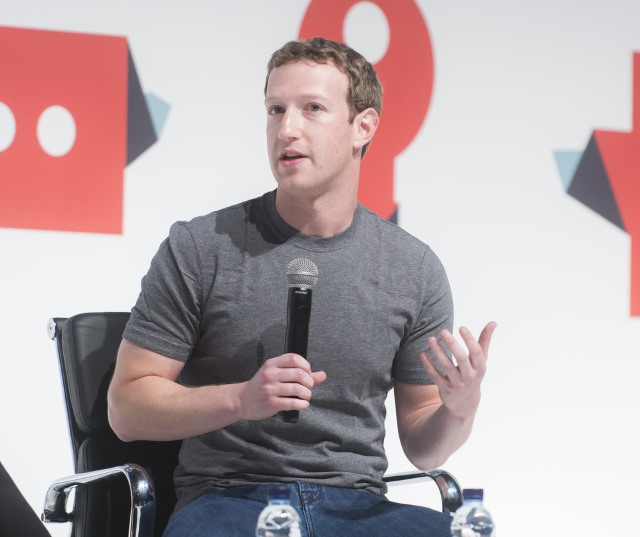
Zuckerberg: we have a moral responsibility to those without internet access (and to kill game invites)
Facebook's Mark Zuckerberg took part in a Q&A session at the Indian Institute of Technology in Dehli, responding to queries ranging from the Internet.org project to Candy Crush notifications. Not for the first time, he found himself jumping to the defence of the program which aims to connect millions of people to the internet. He denied that the walled-garden of Internet.org went against the idea of net neutrality, but conceded that people had to "follow the basic rules of what Internet.org is".
He pointed out that existing net neutrality laws made exceptions for free services, but these loopholes have been described by critics as 'fatal'. In a wide-ranging talk, Zuckerberg also announced plans to kill one of the biggest irritants of the social network -- game invites for the likes of FarmVille and Candy Crush.
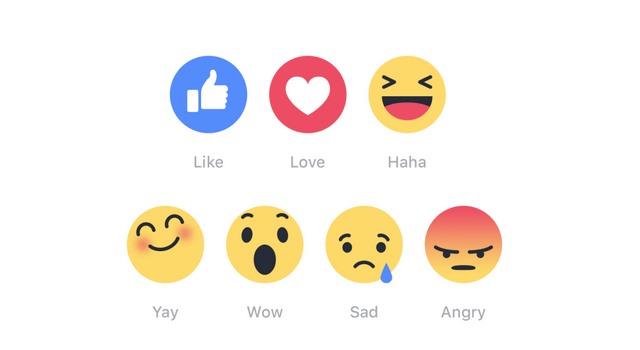
Facebook to start testing reaction emoji -- but no Dislike button
Facebook's Like button is famous, but users have long asked for more ways to express their reaction to posts on the social network. Recently, rumors surfaced that a Dislike button was on its way (although this was not only untrue, but also the source of numerous scams), but Mark Zuckerberg said that users would be given new ways to express empathy.
The Dislike button may not be happening, but reaction emoji are. Facebook is reported to start testing of six new reactions, beginning in Spain and Ireland. A global rollout could be on the cards at some point in the future, but TechCrunch has been given a sneak preview of what the new emoji look like.
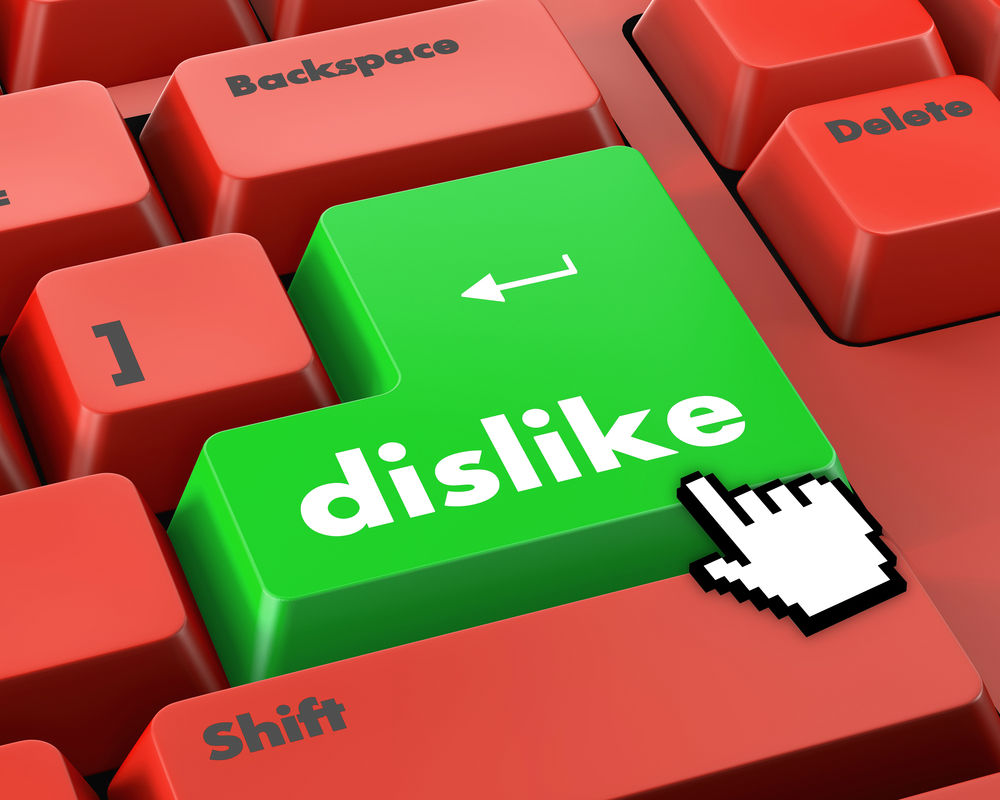
'Dislike' button is officially coming to Facebook, says Zuckerberg
Facebook is ready to deliver one of the highly-requested features that millions of users have repeatedly asked for: a dislike button. The social juggernaut has started to work on it, Mark Zuckerberg told an internal corporate Town Hall, reports multiple publications.
"I think people have asked about the dislike button for many years," Zuckerberg reportedly said. "Today is a special day because today is the day I can say we’re working on it and shipping it".
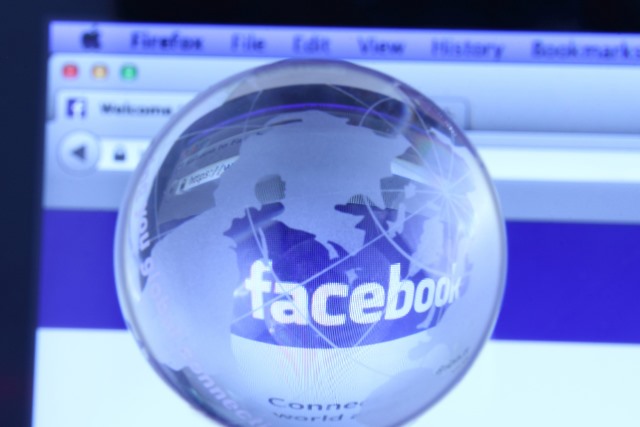
One year on, Internet.org gives a billion people internet access
Mark Zuckerberg's Internet.org has come in for quite a lot of criticism since it launched. Designed to help get the entire world online, it has been argued that the program is in opposition to the idea of net neutrality and many of its backers have pulled out or complained about things since it kicked off.
But in many regards none of this matters -- it is the numbers that are important. Twelve months after the launch of Internet.org, more than a billion people have been connected to the internet free of charge. Moving into year two, the next part of the operation involves scaling things up.
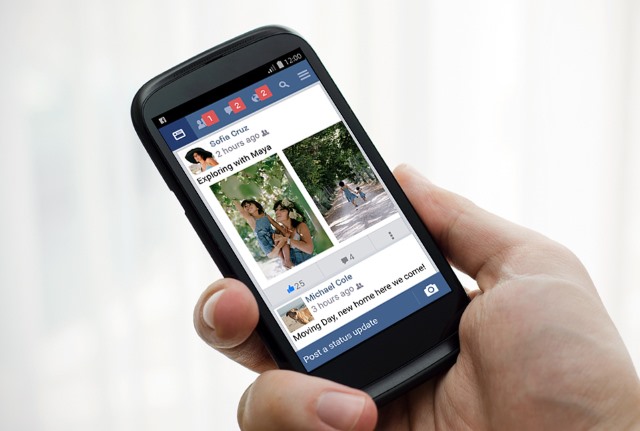
Facebook Lite gives a social fix without eating mobile data
With its Internet.org project, Facebook is trying to not only spread into new parts of the world by bringing the internet to places where it is not currently available. With a focus on minimal data usage to help keep down costs, it was only a matter of time before a stripped down version of the Facebook app appeared.
Today is the day that Facebook Lite arrives. As the name suggests, this is a data-light version of the familiar Facebook app, and it starts its life on Android devices. It is designed with developing markets in mind, and today it starts the rollout process in Asia before it spreads further around the globe.

Facebook launches Internet.org Platform and opens up to more developers
The aim behind Facebook's Internet.org program is to bring internet access to the wider world. While an undeniably praise-worthy venture, it came in for criticism for going against the principles of net neutrality.
Today the company launches the Internet.org Platform with a view to countering this criticism. The platform opens up Internet.org to more developers, giving them the chance to bring "free basic services" to people around the world. There's also the promise of greater transparency.
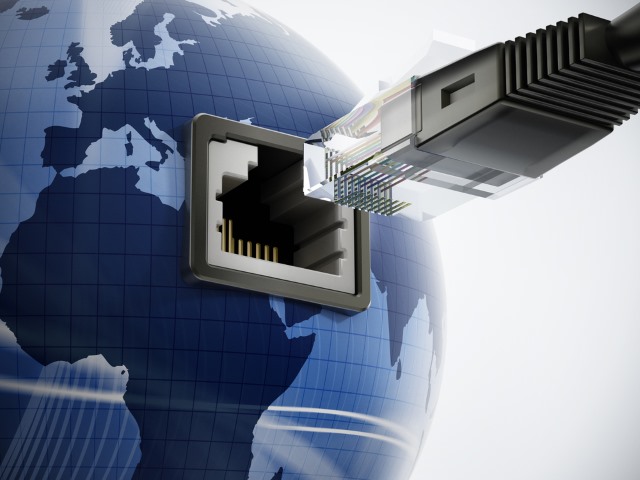
Zuckerberg says Internet.org is not anti-net neutrality... but it is
A few days ago Mark Zuckerberg conducted a Q&A on Facebook. Despite tens of thousands of comments, very little of interest came out of the session -- he works 50-60 hours a week, likes Oculus (surprise, surprise), and he stands behind his Internet.org project which is providing internet access to people all over the world, including those in remote and developing locations. As is to be expected from a Q&A session, Zuckerberg also found that he had criticism levelled at him in addition to questions, including criticisms of his beloved Internet.org.
Some people pointed out that even in the US there is still a digital divide, while others complained that Internet.org goes against the principles of net neutrality. This obviously struck a nerve because the Facebook founder felt the need to defend the program and express his support for net neutrality. My colleague Manish Singh wrote about this, but is Zuckerberg right? Can Internet.org and net neutrality really live happily side by side?
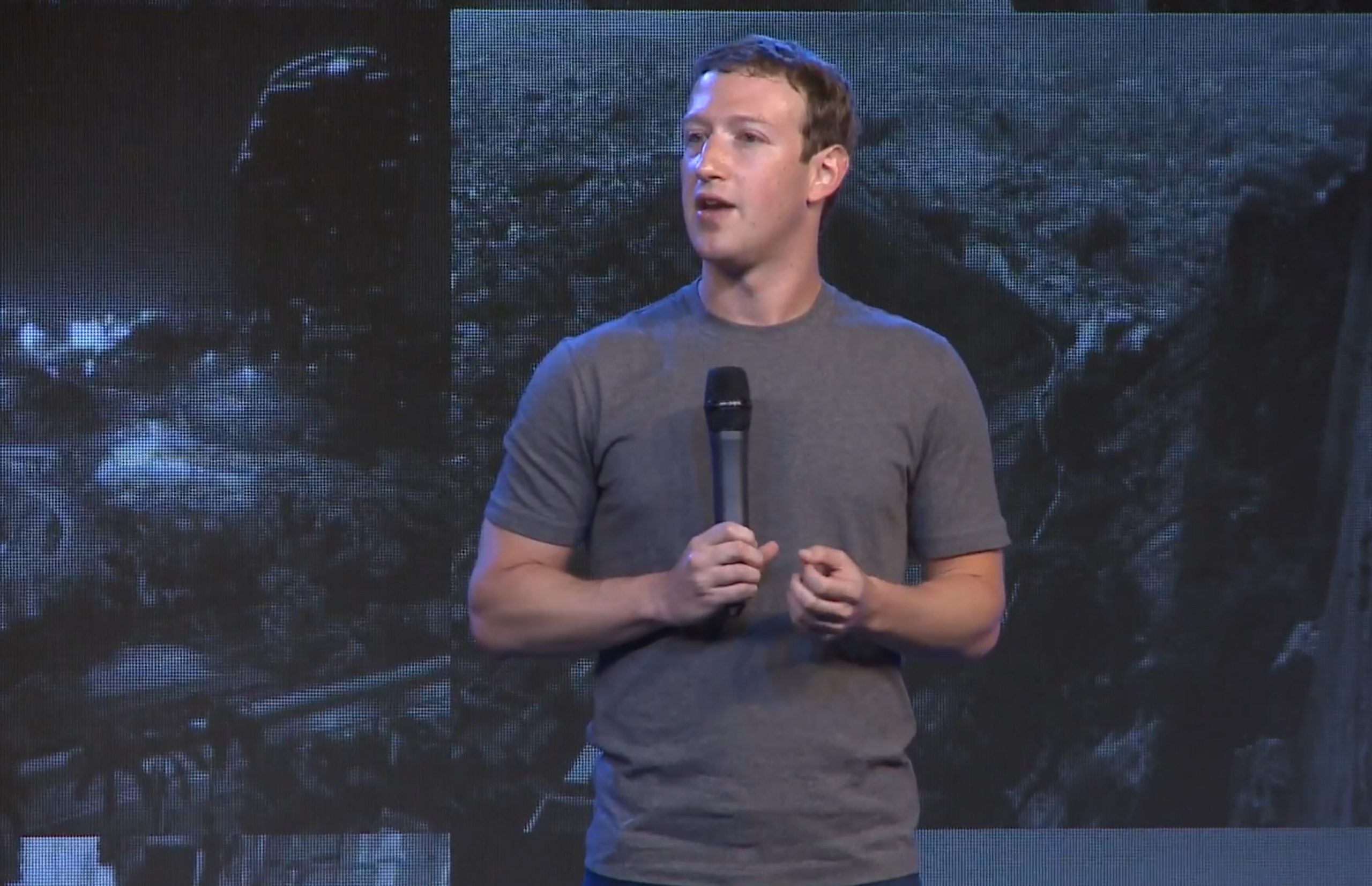
Mark Zuckerberg defends Internet.org after many companies leave the program
A vast majority of Indian citizens don’t give a hoot about topics like net neutrality. But things have changed dramatically over the past couple of weeks. Not only have many of them started to understand what net neutrality actually means -- also why we should care about it -- but sites like SaveTheInternet.in are helping these critical topics become the word of mouth. TRAI (Telecom Regulatory Authority of India) -- which started to seek people’s views on this matter last month -- has received over 600,000 responses. It will be taking these -- and many more that are yet to come -- into consideration as it moves closer to the deadline to make recommendations on the issue to Department of Telecom, a government ministry body which holds the power to take real action to uphold net neutrality in the country.
Flipkart, India’s largest e-commerce portal, received so much criticism that Sachin Bansal, the company’s CEO and co-founder, had to step up to explain why Airtel Zero, a platform through which Airtel will offer users free access to select mobile apps and services, is important. When that didn’t tone down the uproar from several Indian communities, earlier this week Flipkart announced that it is leaving India’s largest telco’s Airtel Zero plan.

Zuckerberg is a spineless gimp
Facebook is often a breeding ground for controversy. When it's not being used as platform for mindless idiots to air their dirty laundry, the social network is busy upsetting people for one reason or another. We've had censorship of one sort or another. We've had the debacle surrounding the requirement to use a real name and opening up of custom gender options.
If you're the sort of person who likes to express the way you're feeling through the medium of emoji rather than words, you may well have used Facebook's built in 'I am feeling...' feature. Feeling excited? Don’t type it, just select a starry-eyed smiley. But following a Change.org petition, you can no longer select a predefined option to indicate that you feel fat. Why? Because Mark Zuckerberg is completely spineless.
